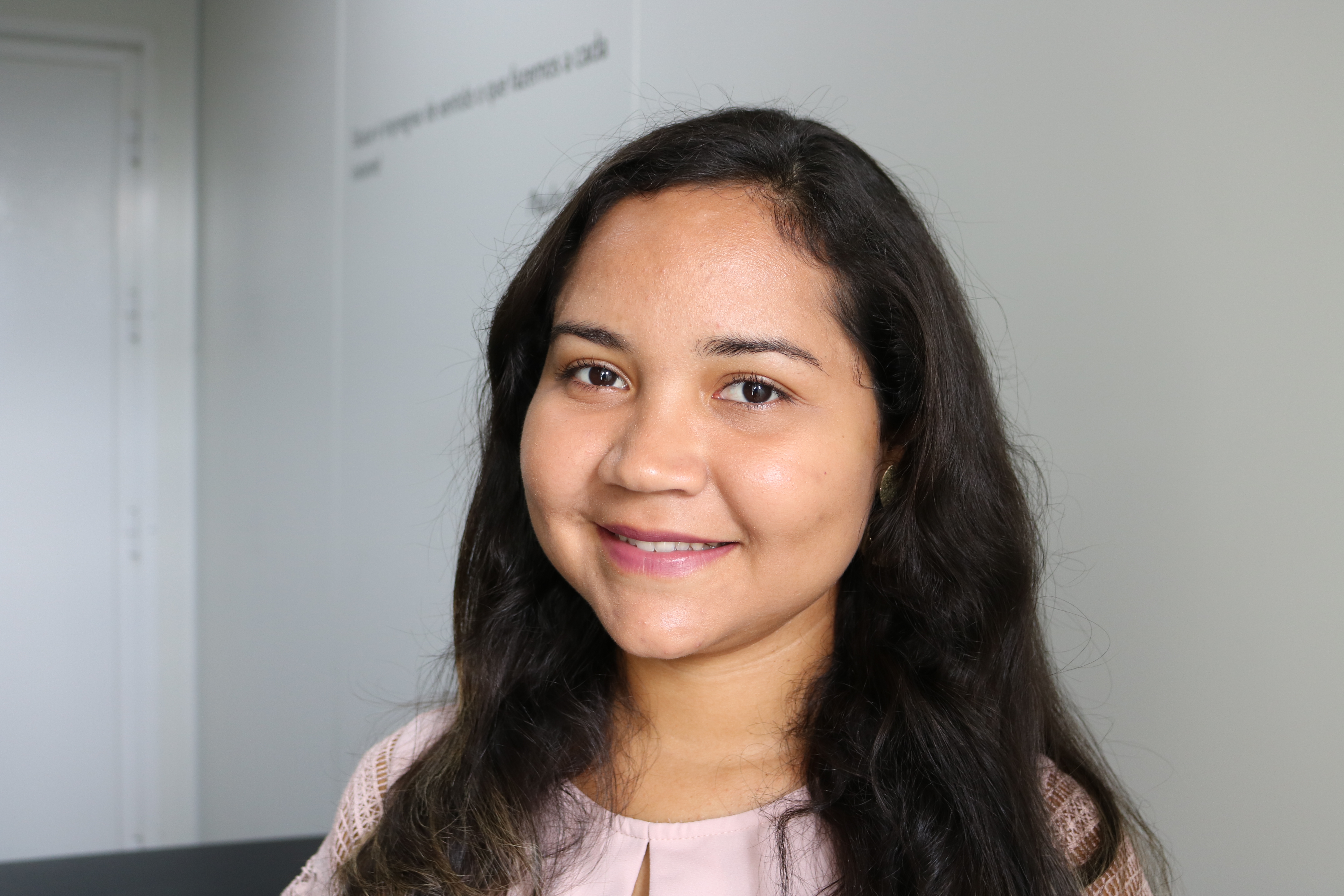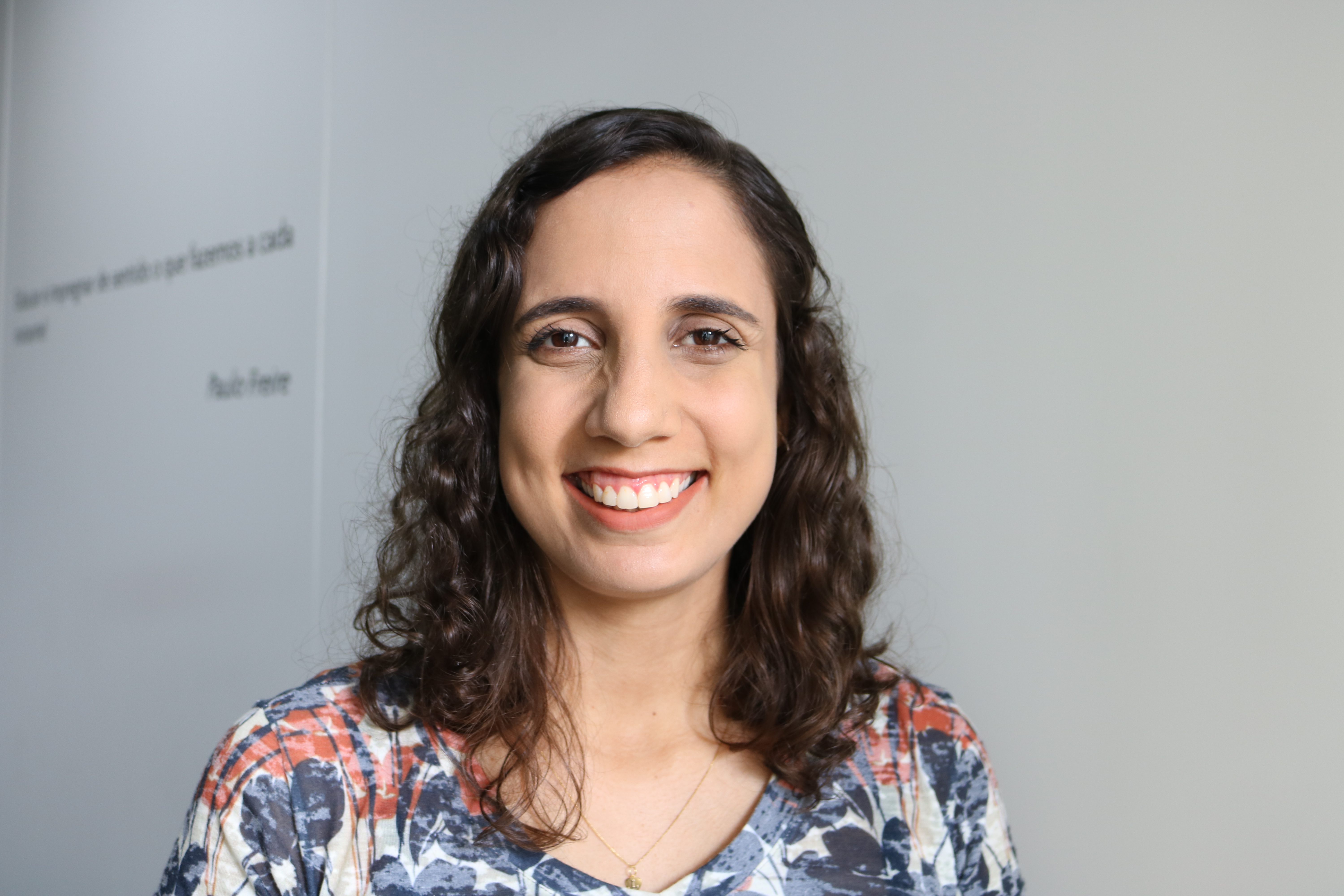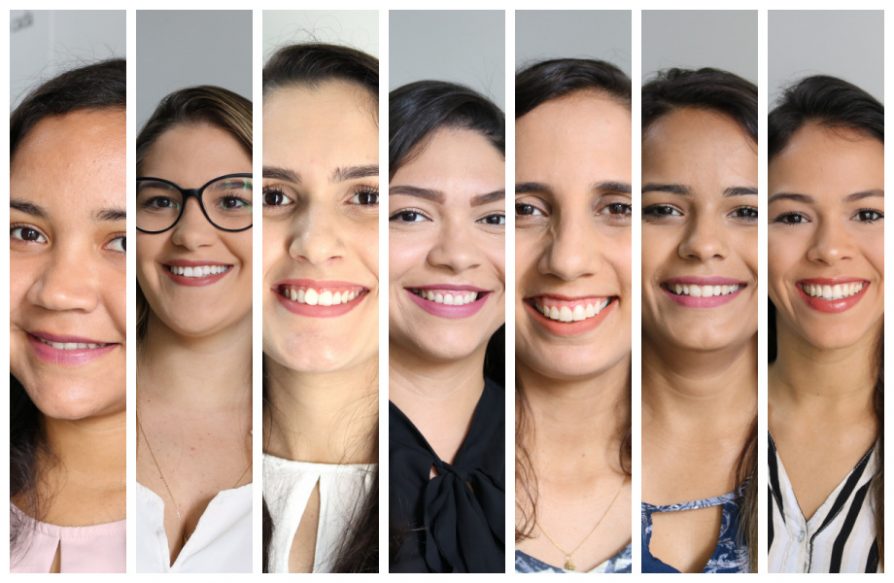Kamila Tuenia
news reporter
The Santos Dumont Institute (ISD) holds this Friday (6th) the Course Completion Ceremony for the first class of the Multiprofessional Residency Program in Health Care for Persons with Disabilities. Seven students from the Physiotherapy, Speech Therapy, Psychology and Social Work courses are the first professionals trained at the Anita Garibaldi Health Education and Research Center, at the ISD, where, over two years of residency, they were encouraged to understand the physical, psychological and of health care for people with disabilities.
Aspects surrounding Parkinson's disease, issues related to child rehabilitation, the reality of girls with Autistic Spectrum Disorder (ASD) and language profile in a quilombola community are some of the subjects addressed in the Residency Completion Works (TCRs) of the students, who, at Anita, worked in the care of children, adults and the elderly, including the family in care through collaborative practices and of health research.
See the gallery below for summaries of the TCRs.
The coordinator of the Multidisciplinary Residency Program in Health Care for People with Disabilities, Lorenna Santiago, believes that the formation of the pioneer group means the possibility of more seeds of social transformation being planted.
“When we think about the training of our residents, we consider that in addition to learning technical skills, they need to develop relational skills, such as empathy and assertive communication skills, and be able to look at the user in an expanded way to the aforementioned dimensions. These new professionals have the potential to sensitize others to the needs of people with disabilities and collaborate for social transformation through care”, he said.
The ISD Multiprofessional Residency was approved by the Ministry of Education in 2017 and received the first group in 2018. The Program is a pioneer in Brazil in the line of action focused on the health of people with disabilities.
Residents have as their main field of action the Center Specialized in Rehabilitation III of the Anita Garibaldi Health Education and Research Center, which serves the entire Metropolitan Region of Natal/RN. It is the first CER in the Northeast with operations integrated into a research and innovation system, through joint work with the International Institute of Neurosciences Edmond and Lily Safra, also from ISD.
Training
The manager of Anita/ISD, Lilian Lisboa, tells how the dream of training students in the area and creating a multidisciplinary residency began. “This Residency was idealized because we saw the need to provide interactive training that would put students to work together and encourage them to see a patient in their entirety. Put people specialized in caring for people with disabilities on the market, a public that is significant in the state and there was this gap”, he says.
According to the last Census of the Brazilian Institute of Geography and Statistics (IBGE, 2010), Rio Grande do Norte is one of the Brazilian states with the highest rate of people with one or more types of disability. The data indicate that 27.8% of the potiguares have some type of disability. “It is a vast population that needs to be served and that needs to be understood in different dimensions, which is why the training of trained professionals in the area is a milestone. Today we are putting these people on the market”, says Lilian.
The ISD, through Anita, also works as an internship field for other residency programs in the state, but the creation of its own program added to the mission it was developing, as explained by the coordinator of the Institute's Multiprofessional Residency Program, Lorenna Santiago. “Even with the work that was already done, there was a desire to create our own program. So, the arrival of residents brought even more life and movement to the institution and made it possible to increase our work in the Care Network for Persons with Disabilities in the context of the Unified Health System”, he explains.
In addition to the seven graduates of the first class, another 16 students are active residents. The Institute currently receives students from municipalities in Rio Grande do Norte such as Natal, Caicó, Currais Novos, Pau dos Ferros, Acari and Santo Antônio and also has students from Caruaru/PE. Residents work alongside a body of preceptors with extensive experience, made up of specialists, masters and doctors in areas such as Physical Therapy, Speech Therapy, Psychology, Social Work and Neurology.
Next steps
After the graduation of the first group, two others are still in training at the Institute, in addition, the forecast is to strengthen the Residency Program with the entry of new courses such as Nursing, Pharmacy and Occupational Therapy, already authorized by the Ministry of Education - which will be included in future notices according to the appearance of grants for these vacancies. The selection process for the 4th group of the residency will have an announcement published in December.
For Lilian Lisboa, the contribution of the program's first residents to society is the strengthening of care in the area. “We are placing people with skills in comprehensive care, with an expanded view of what specific care for people with disabilities is. Their next steps will be our next steps, as this formation is like a planted ISD seed”, he said.
See below what motivated the choice of topics addressed in the TCRs and how, in the authors' view, the research they developed benefits society:





Text: Kamila Tuenia – journalism intern, under the supervision of journalist Renata moura / Ascom – ISD
Art: Ascom – ISD
Communication Office
comunicacao@isd.org.br
(84) 99416-1880
Santos Dumont Institute (ISD)
It is a Social Organization linked to the Ministry of Education (MEC) and includes the Edmond and Lily Safra International Institute of Neurosciences and the Anita Garibaldi Health Education and Research Center, both in Macaíba. ISD's mission is to promote education for life, forming citizens through integrated teaching, research and extension actions, in addition to contributing to a fairer and more humane transformation of Brazilian social reality.






















